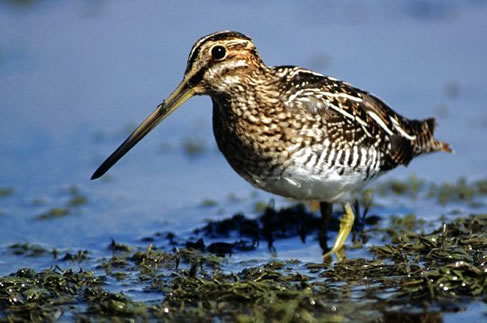Quite often, a farmer will choose to give one of his cows the name Buttercup. This is lost on the cow itself, which is too stupid to understand the concept of names for things. When a cow gazes upon the world it is as if through a dense mental fog. We can go some way to replicating this, even with our much mightier brain power. For instance, I once spent a morning – a misty morning – standing in a field, chewing on a mouthful of uprooted grass, staring straight ahead, and emptying my mind of all and any stimulus, using a technique I learned from a witch doctor. It was a salutary experience, and afterwards I felt I had a much greater understanding of the interior world of a cow. I continued the experiment by asking people to call me Buttercup, to see if I would respond when my name was spoken aloud. I did not so respond, on that day or on any day thereafter. If somebody called out, in my hearing, “Oi! Mr Key!”, my ears would prick up and I would look around for whomsoever had called my name, and, when I spotted them, raise an eyebrow and answer “Yes, what is it you want, my good fellow?” or, as it may be, “my good woman?”, or even “young urchin?” But I found that when somebody yelled “Buttercup! Buttercup!” my immediate reaction was to assume I had fallen among florists.
It can be quite unnerving to fall among florists, particularly when there is a gang of them. They tend to hold, in their clenched fists, bunches of buttercups or daffodils or god alone knows how many different types of flowers, and they will thrust them under your nose while holding out the open palm of their free hand in expectation of coinage. The idea is that you give them money and in return they present you with the bunch of buttercups, or whatever. But when there is a whole sussuration of florists surrounding you, each importuning you, it is no easy matter to pick one out of the crowd and to buy his sprig in preference to any other sprig, and it is unlikely you are carrying enough cash to be able to afford all the blooms thrust at you. Whenever I fall among florists in this manner, I remember the lessons I learned from the witch doctor, and I assume the mien of a cow. Usually, but not always, the florists will disperse.
If the florists do not disperse, the best idea is to snap out of your cow-trance and to shake a stick at them, the more wildly the better, accompanying the wild shaking of the stick with blood-curdling screams. Production of such screams can also be taught to you by any witch doctor worth their salt.
If you intend to eat a dish of buttercups, either raw or cooked, do not garnish them with salt. If, on the other hand, you have it in mind to eat a cow called Buttercup, a sprinkle of salt does not go amiss, and will make the meat more palatable. For vegetarians, a cow made out of marzipan is an acceptable substitute, but here again, as with the buttercups, it should be innocent of a salt seasoning.
Never eat buttercups in the presence of a florist.



